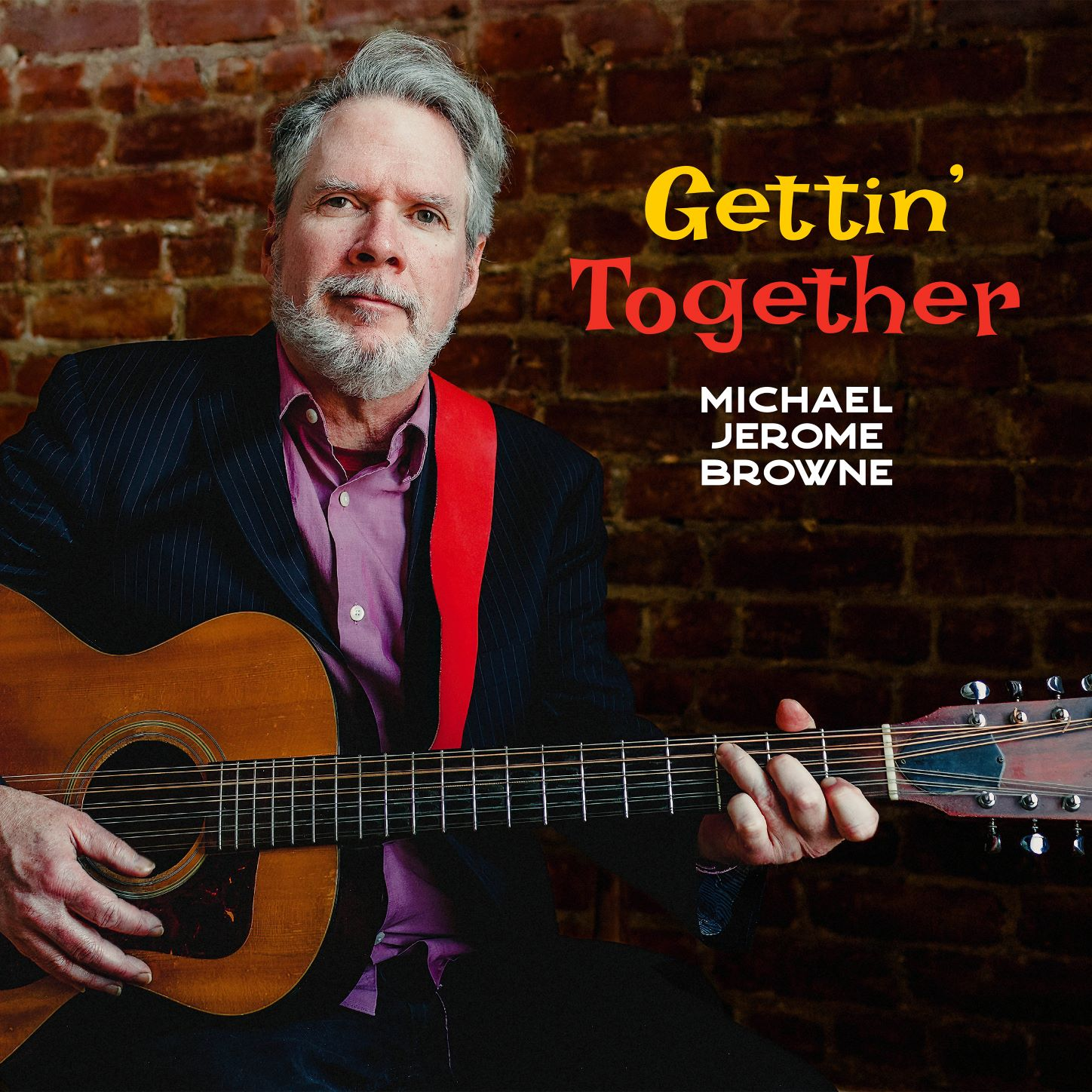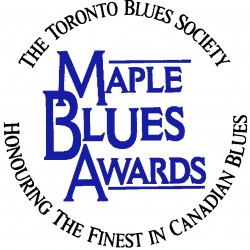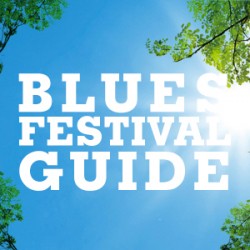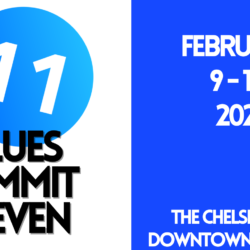May 2023 – Michael Jerome Browne
Michael Jerome Browne is the son of two university professors, so it’s no wonder that his research into the blues is so deep. On this latest release, Gettin’ Together, he has curated 14 songs from more obscure blues artists of the past century such as William Bunch and Bayless Rose, as well as the more familiar artists like John Hurt and Booker White.
Browne, who was born in Indiana and raised in Montreal, has been playing acoustic blues for over 40 years, starting as a teenager and getting right into the fingerpicking style which has become more powerful and intricate over the years. Playing the blues for so long has given him a great respect for the genre and the African Americans who created it under conditions of hardship. As he says in the liner notes: “I do not own it. I am merely borrowing it and I try to be true to its origins.” It’s no wonder he has been nominated no less than 35 times for Maple Blues awards, as well as for Juno and Canadian Folk Music awards.
After the three-year Covid hiatus, Browne got together mainly for duets with his favourite artists, some of whom have been a big influence on his art. Happy Traum wrote the instruction book from which he first learned fingerpicking blues. Harrison Kennedy took harmonica lessons from Sonny Terry. Browne learned tablespoonfuls from backing up and touring with Eric Bibb. And, of course, John Sebastian has a half-century of playing and influencing roots music.
One thing that strikes me about this album is the variety of the grooves and feel in country blues. Yes, it’s mainly three chords, but there are so many ways of telling the truth. Booker White’s Shake ‘em on Down” has a pulsating drive without a conventional rhythm section through the interplay of two guitars. Harold Holiday’s Married Man Blues is almost funereal, mourning that the woman he loves is married. Diamond Joe, with fiddle and gourd banjo, has an old-time feel, which says a lot about the orgins of traditional Appalachian music.
Browne does some of his best work teamed up with Mary Flower, one of the greatest contemporary acoustic blues guitarists. The interplay between her picking and Browne’s on Coffee Blues, backed by Sebastian’s harmonica, makes this a standout. Flower’s lap slide guitar on a slowed down instrumental version of I’ve Got Those Big River Blues, which became a standard in Doc Watson’s hands, is downright incendiary.
Browne’s vocal interpretations are warm, weathered and honest, and the guy is a virtuoso on all kinds of guitars (six-string, twelve-string and tenor) in lots of tunings as well as six-string and gourd banjo. This album is one great dive into the blue, and that’s the truth. (Mike Sadava)










